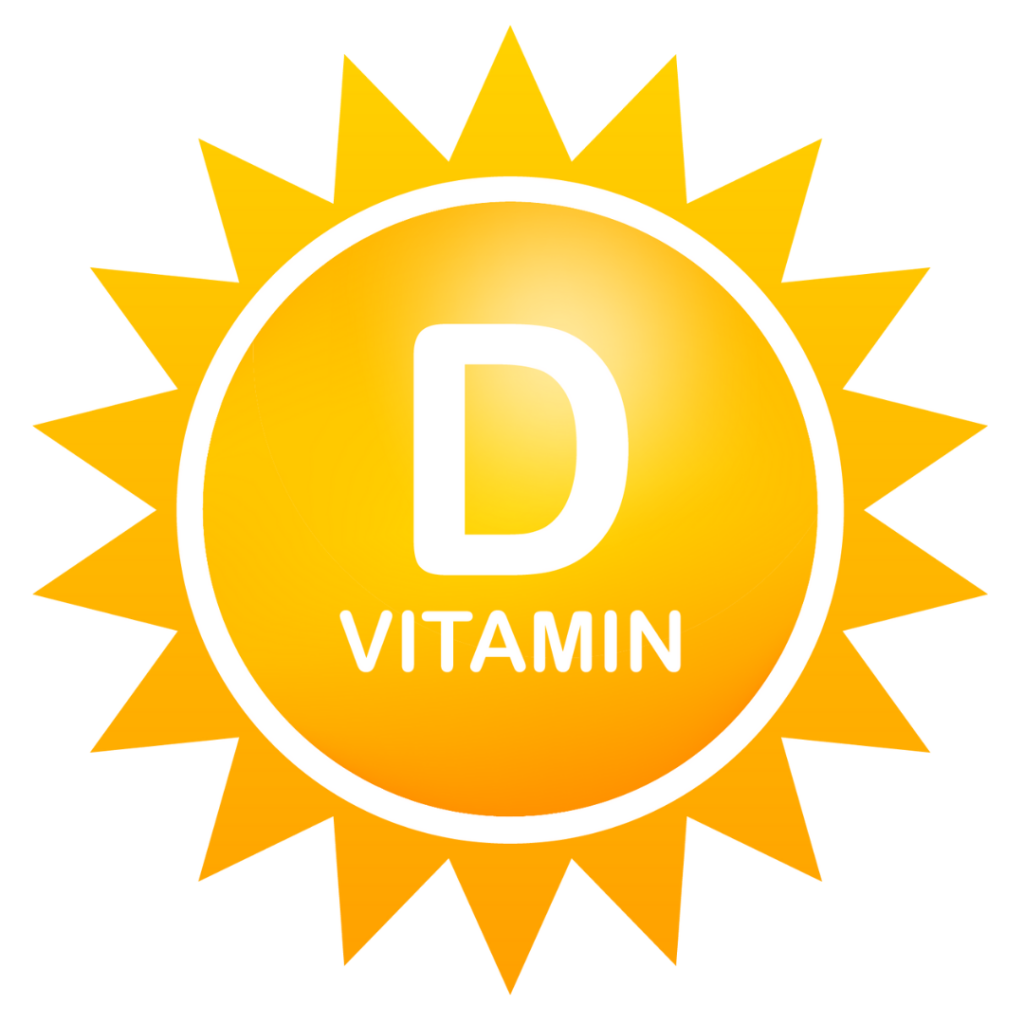The importance of Vitamin D in getting and staying healthy

Vitamin D, important for healthy bones and immune function, is frequently depleted in patients with ongoing infections. A recent study has shown that patients who took vitamin D supplements were at reduced risk for COVID-19 infection and death.
According to the authors, “When we extrapolate our results for vitamin D3 supplementation to the entire US population in 2020, there would have been approximately 4 million fewer COVID-19 cases and 116,000 deaths avoided.”
The large scale study, Association between vitamin D supplementation and COVID-19 infection and mortality, published in Scientific Reports, retrospectively analyzed the records of over 200,000 U.S. veterans taking vitamin D supplements. Researchers compared the results to those of over 400,000 veterans not taking vitamin D.
The veterans took either vitamin D2 or vitamin D3 between January 2019 and December 2020. The control group did not take vitamin D supplements during that period.
The researchers found that those taking Vitamin D were 20% less likely to be infected with COVID-19. If they got COVID, they had a 33% lower risk of death within 30 days of infection. According to the authors, vitamin D supplementation would have had a positive impact during the COVID-19 pandemic.
What is Vitamin D?
Vitamin D is both a nutrient we consume and a hormone our body makes. It’s one of 13 essential vitamins that keep your body healthy and working properly. Vitamin D helps your body absorb calcium—one of the main components of strong bones.
D also regulates many other cellular functions, including neuroprotective elements that support muscle and brain activity, and immune modulatory anti-inflammatory properties that help you fight bacterial and viral infections.
There are two types of vitamin D—D2 and D3. Both are produced in the presence of the sun’s ultraviolet-B rays, hence its nickname “the sunshine vitamin.” Vitamin D2 or “ergocalciferol” is produced by plants and fungi. Vitamin D3 “cholecalciferol” is produced in humans and animals.
Few foods are naturally high in vitamin D. The best sources are fatty fish, fish liver oil, eggs, cheese, beef liver and some mushrooms. However, many foods are fortified with vitamin D including many milks, juices, cereals.
Vitamin D Deficiency
In children, vitamin D deficiency can cause rickets, a disease where the bones become soft, weak, deformed, and painful. In teens and adults, vitamin D deficiency can cause osteomalacia, a softening of the bones.
Symptoms include:,
- Bone and muscle pain
- Bone fractures
- Muscle twitching
- Mood swings
- Fatigue
- Frequent infections
The Sunshine Vitamin and Sleep
Not only does sunlight help our body make vitamin D, it also helps produce hormones necessary to regulate our internal body clock (circadian rhythm.)
Research has shown that as little as 20 minutes of sun per day can be enough to produce serotonin, a hormone that promotes energy and helps boost mood and mental focus.
When my daughter was at her sickest with Lyme disease and co-infections, she became vitamin D deficient. Her insomnia was so bad that her days and nights became reversed.
Three things we did to help reverse her insomnia were 1) treat her infections; 2) get daily sun exposure; and 3) start a vitamin D supplement. Because she is allergic to common fillers in most supplements, we opted for a pure liquid Vitamin D taken orally.
Eating vitamin D-rich foods and getting 20 minutes of daily sun exposure will support a healthy immune system. However, if you have severe food restrictions or limited access to sunlight, especially during the winter months, you may benefit from a high-quality supplement.
In my daughter’s case, we made a concerted effort to get her in the sun for 15 minutes every day. When she was too sick to go outside, we would simply open the window and allow the sun to hit her legs on her bed at the right time of the day.
Because insomnia is frequently a problem for people who are sick, I recommend getting sun and taking vitamin D as early in the day as possible. Dr. Bill Rawls has put together some great recommendations on “Chronic Illness + Your Circadian Rhythm: Here’s How to Get It Back on Track.”
LymeSci is written by Lonnie Marcum, a Licensed Physical Therapist and mother of a daughter with Lyme. She served two terms on a subcommittee of the federal Tick-Borne Disease Working Group. Follow her on Twitter: @LonnieRhea Email her at: lmarcum@lymedisease.org.
Resources
National institutes of Health, The office of Dietary Supplements, “ODS Vitamin D Initiative”
How good nutrition can help you recover from Lyme disease.
Here’s my remedy for Lyme-related insomnia
Reference
Gibbons, J.B., Norton, E.C., McCullough, J.S. et al. (2022) Association between vitamin D supplementation and COVID-19 infection and mortality. Sci Rep 12, 19397 DOI: https://doi.org/10.1038/s41598-022-24053-4




















We invite you to comment on our Facebook page.
Visit LymeDisease.org Facebook Page